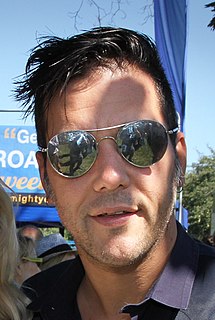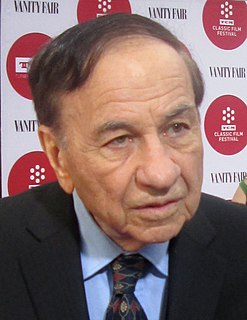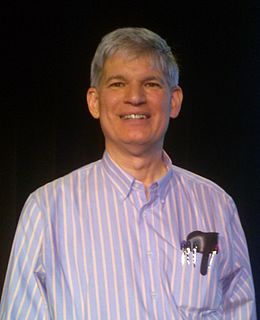A Quote by Donald Miller
Job found contentment and even joy, outside the context of comfort, health or stability. He understood the story was not about him, and he cared more about the story then he did about himself.
Related Quotes
The thing about games is, players often say they don't care about story, but then if you took the story out, what would their reaction be? If no one cared about story, we'd all still be playing Pac-Man. There's nothing wrong with Pac-Man, but the point is, there's a genre of games in which you want to become part of that world.
Robert McKee says humans naturally seek comfort and stability. Without an inciting incident that disrupts their comfort, they won’t enter into a story. They have to get fired from their job or be forced to sign up for a marathon. A ring has to be purchased. A home has to be sold. The character has to jump into the story, into the discomfort and the fear, otherwise the story will never happen.
Even in this case, whatever it is, it's about [Barack] Obama. "How did Obama do at the memorial? Did Obama come off well? Will Obama's poll numbers go up? Did he really reach people?" The hell that there are 53 people dead. Nobody cares about them, like nobody cared about the four dead in Benghazi. All the media cared about, how did Obama do?
There's a story about how the program is organized, there's a story about the context in which the program is expected to operate. And one would hope that there will be something about the program, whether it's block comments at the start of each routine or an overview document that comes separately or just choices of variable names that will somehow convey those stories to you.
I'm talking about people who claim to love people. I'm talking about people who claim to love and represent the little guy. They're the people that tell us that if not for them, the little guy would be trampled on daily. Well, if they really cared about the little guy, if they really cared about the little guy, and want the little guy to have an improved life, more contentment, more happiness, then the United States is what you would emulate. You certainly wouldn't tear it down.
That same night, I wrote my first short story. It took me thirty minutes. It was a dark little tale about a man who found a magic cup and learned that if he wept into the cup, his tears turned into pearls. But even though he had always been poor, he was a happy man and rarely shed a tear. So he found ways to make himself sad so that his tears could make him rich. As the pearls piled up, so did his greed grow. The story ended with the man sitting on a mountain of pearls, knife in hand, weeping helplessly into the cup with his beloved wife's slain body in his arms.
































